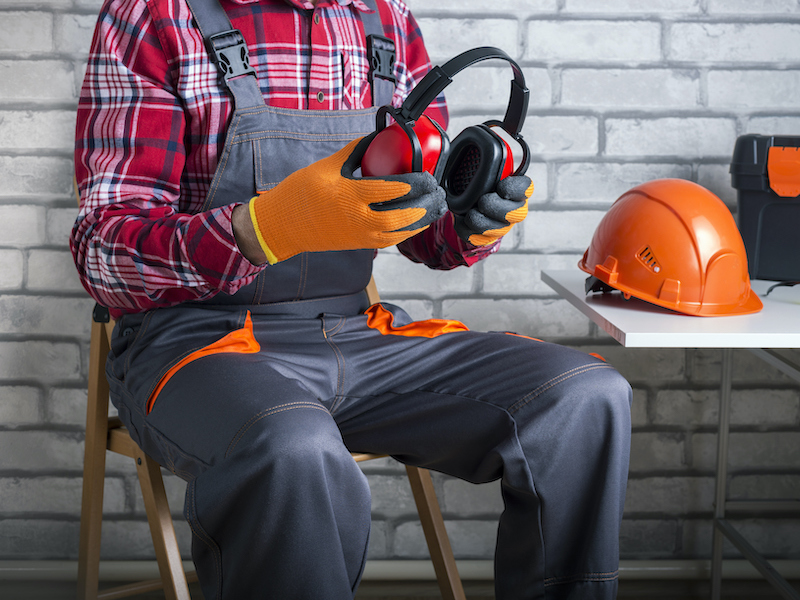
Your ability to hear is valuable – once it’s gone, the likelihood of getting it back in its natural form is slim to nil. But for some reason, hearing loss frequently goes untreated and unchecked in the general population. In fact, permanent hearing loss impacts one out of eight individuals (about 30 million people) 12 and older in the United States alone.
While there are treatments that can help you get some hearing back, like hearing aids, it’s such an easy thing to protect your ears from the beginning to prevent unnecessary hearing loss.
Protect your hearing with these five tips:
Earbuds should be avoided
Earbuds have been packaged with mobile devices since the early 2000s and are one of the greatest threats to hearing. These little devices sit snugly into the ear canal and pump sound straight into the inner ear and the majority of smartphones come with them. Listening to a movie or music on your mobile device at full volume for only 15 minutes can result in irreversible hearing loss. Earmuff style headphones, particularly the ones with noise canceling technology, would be a better choice. No matter what sound devices you use, you should stick to the 60/60 rule – keep the volume at 60% maximum and only use the devices for 60 minutes each day.
Keep your volume down
Your hearing can be damaged by other things besides earbuds. If you regularly listen to the radio or TV at loud volumes over sustained periods, your hearing can also be damaged. Shooting ranges, concerts, construction zone, and other noisy environments should be avoided. It may be unrealistic to completely avoid these situations particularly if they’re part of your job. If that’s the situation, then you’ll want to take note of the next item on the list.
Hearing protection will help
Hearing protection is crucial if you work in a setting or enjoy hobbies that expose you to loud noises. Hearing loss can happen in just 15 minutes at 85 decibels. To put that in perspective:
- The noise of a construction site can be over 130 decibels and many workers spend 40 or more hours a week there
- The average firearm discharge clocks in at 149 decibels, which is multiplied and amplified over the course of a one hour trip to an indoor gun range
- Most concerts are between 100 and 120 decibels with headliners usually playing for about an hour and 20 minutes
The moral here is that you should get yourself some type of hearing protection such as earmuffs or earplugs if you take part in any of these activities.
Take auditory breaks
Sometimes giving your ears a rest is the best thing you can do. If you participated in any of the activities listed above, you should make certain to take some quiet time for yourself so your ears can rest and recover, even if you were wearing ear protection. That means, you probably shouldn’t get into your car and begin blasting loud music right after you leave a 3-hour concert.
Check your medicine
Your medicine may actually have a significant effect on your hearing. Aspirin, anti-inflammatories, antibiotics, and certain heart and cancer medicines have all been proven to cause hearing loss. The good news is that medication-related hearing loss isn’t common and is more likely if you use two or more of those medications together making it easier to prevent.
Looking to get treatment for your hearing loss? Make an appointment with us for a hearing assessment.
Call Today to Set Up an Appointment
Resources
https://www.cdc.gov/nceh/hearing_loss/how_does_loud_noise_cause_hearing_loss.html
https://armeddefense.org/hearing-protection
https://www.uofmhealth.org/health-library/tf3092

